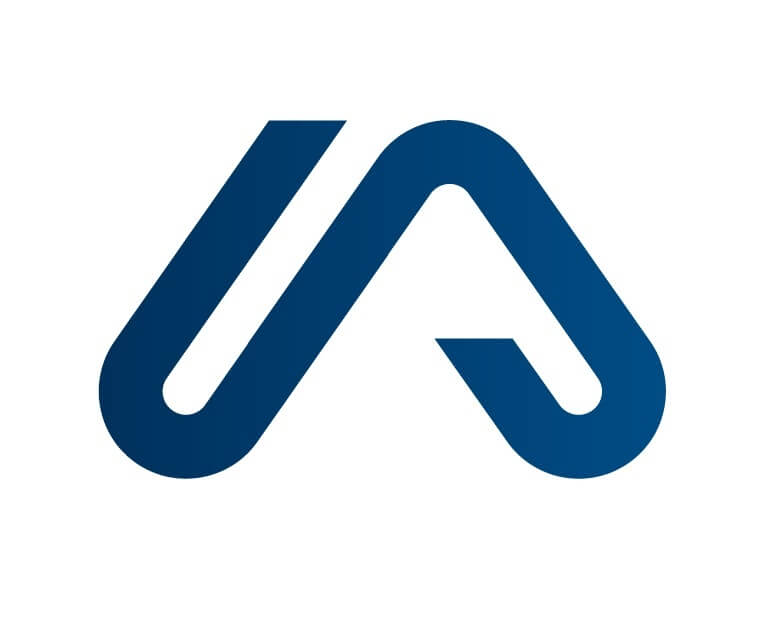The debate over the taxation of the super-rich in Switzerland often diverts us from a fundamental truth: high taxes are a burden that hinders economic growth. Switzerland, known for its efficient economic structure, could achieve even greater economic success through a general reduction in taxes.
In Switzerland, billionaires are taxed more heavily compared to their counterparts in Germany and Austria, with effective tax rates close to the maximum limits of their cantons. However, data shows that high taxation of the wealthiest is not always the best approach. A study from the University of St. Gallen indicates that the Swiss economy is particularly dynamic when companies and individuals invest more and pay fewer taxes.
The Swiss middle class also often bears a high tax burden, which limits their ability to innovate and compete. According to the Swiss Economic Association (SGV), the middle class frequently pays more than 40 percent of their income in taxes and contributions. Reducing this tax burden could lead to a significant increase in investments and the creation of new jobs.
The assumption that the Swiss state could invest more effectively in environmental protection and social justice by increasing taxes on the rich is an illusion. Experiences from other countries show that government programs are often inefficient. An analysis by ETH Zurich suggests that private investments generally exhibit greater efficiency and effectiveness in resource use than government spending.
The economic history of Switzerland and other countries teaches us that an economy less constrained by taxes is more dynamic and innovative. By reducing taxes for all layers, we can create a virtuous cycle in Switzerland, where prosperity arises naturally and is broadly distributed.
The time has come to reject the idea that the state knows best how to manage prosperity. Swiss citizens and businesses handle their own money far more efficiently than the state ever could. A general tax reduction in Switzerland is the key to a freer, more prosperous, and fairer life for all.
